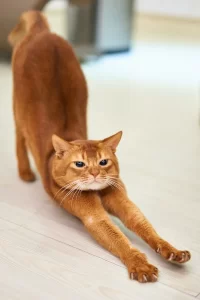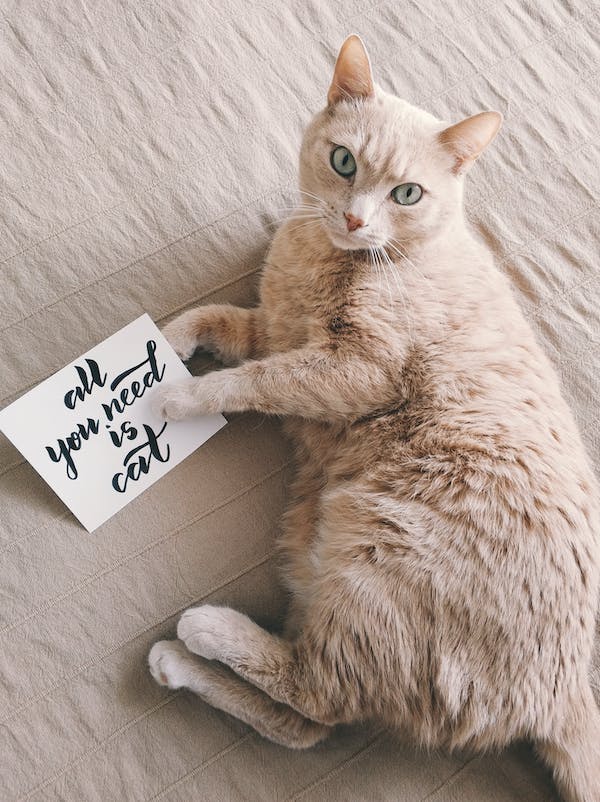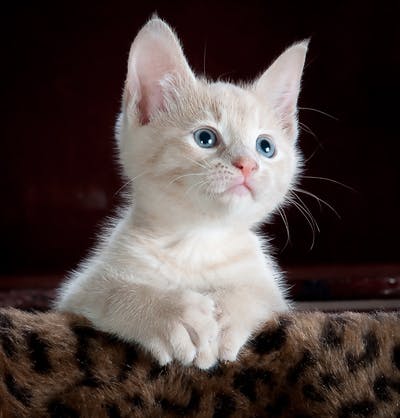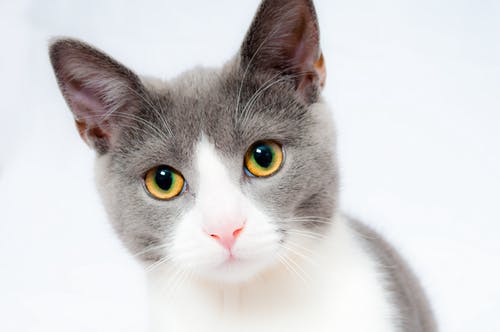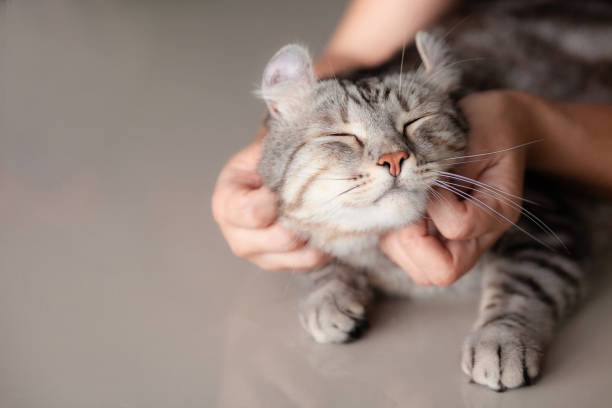 Caring for a cat is more than just feeding and providing shelter for a furry friend; it’s a mutually beneficial relationship that can significantly enhance your quality of life. Whether you’re a first-time pet owner or a seasoned cat enthusiast, the companionship and affection offered by these independent yet affectionate creatures can have profound effects on your overall well-being.
Caring for a cat is more than just feeding and providing shelter for a furry friend; it’s a mutually beneficial relationship that can significantly enhance your quality of life. Whether you’re a first-time pet owner or a seasoned cat enthusiast, the companionship and affection offered by these independent yet affectionate creatures can have profound effects on your overall well-being.
First and foremost, the presence of a cat in your home can reduce stress and anxiety levels. Studies have shown that interacting with animals, such as stroking a cat’s fur or listening to its calming purr, can lower cortisol levels and promote relaxation. Simply spending time in the company of a cat can provide a soothing and comforting presence, making it easier to unwind after a long day.
Moreover, caring for a cat can encourage physical activity and exercise. While cats may not require daily walks like dogs, they still benefit from playtime and mental stimulation. Engaging in interactive play sessions with your cat, such as using toys or laser pointers, can not only provide entertainment for your pet but also encourage you to move around and stay active. This can be especially beneficial for individuals who may lead sedentary lifestyles or struggle to find motivation for exercise.
In addition to the physical health benefits, the bond formed between a cat and its owner can have positive effects on mental and emotional well-being. Cats are known for their ability to provide unconditional love and companionship, offering comfort during times of loneliness or sadness. The act of caring for another living being can instill a sense of purpose and responsibility, fostering feelings of fulfillment and self-worth.
Furthermore, the rhythmic sound of a cat’s purr has been linked to various health benefits, including lower blood pressure and improved cardiovascular health. The gentle vibrations produced by a purring cat can have a calming effect on both the cat and its owner, promoting relaxation and reducing the risk of stress-related illnesses.
Beyond the physical and emotional benefits, owning a cat can also help create a sense of community and connection. Cat owners often bond over their shared love for feline companions, forming friendships and support networks within local communities and online forums. The sense of belonging and camaraderie that comes from being part of a larger community of cat lovers can provide social support and alleviate feelings of isolation.
In conclusion, caring for a cat can profoundly enhance your quality of life in various ways. From reducing stress and anxiety to promoting physical activity and providing companionship, the positive impact of cat ownership extends far beyond the simple act of pet ownership. Whether you’re looking for a source of comfort and companionship or seeking to improve your overall well-being, inviting a cat into your life can be a rewarding and enriching experience.
 Cats, those enigmatic and graceful creatures that share our homes, have long held a special place in our hearts. Beyond their soft fur and mesmerizing eyes, each feline friend brings a unique blend of behaviors and personalities that captivate and mystify. In this in-depth exploration, we unravel the intricacies of our furry companions, shedding light on the quirks that make them the charming and complex creatures we adore.
Cats, those enigmatic and graceful creatures that share our homes, have long held a special place in our hearts. Beyond their soft fur and mesmerizing eyes, each feline friend brings a unique blend of behaviors and personalities that captivate and mystify. In this in-depth exploration, we unravel the intricacies of our furry companions, shedding light on the quirks that make them the charming and complex creatures we adore.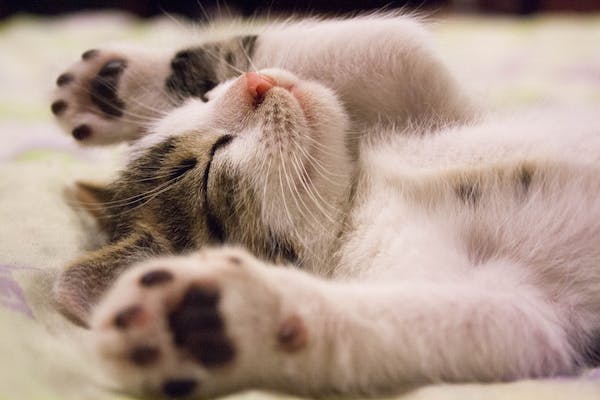 As devoted cat owners, we continually seek ways to enhance the well-being and happiness of our feline companions. While providing a comfortable living space, a balanced diet, and ample playtime are essential components of cat care, the surprising inclusion of music in the daily routine can bring about a host of benefits for our furry friends. In this article, we delve into the unexpected ways in which music enriches cat care, creating a harmonious environment that contributes to their overall health and contentment.
As devoted cat owners, we continually seek ways to enhance the well-being and happiness of our feline companions. While providing a comfortable living space, a balanced diet, and ample playtime are essential components of cat care, the surprising inclusion of music in the daily routine can bring about a host of benefits for our furry friends. In this article, we delve into the unexpected ways in which music enriches cat care, creating a harmonious environment that contributes to their overall health and contentment.

